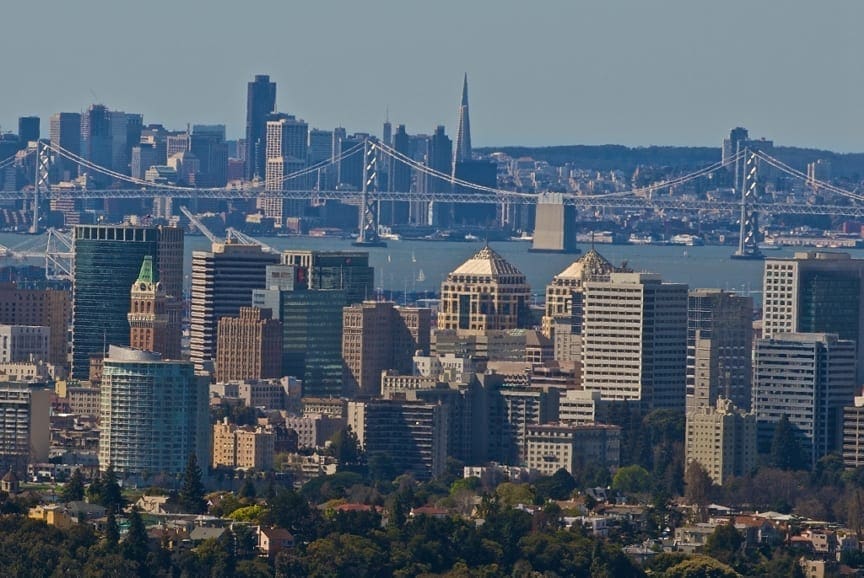Californians are proud of their politics. More often than not, they will claim they have set the standards, yielding “real change” across the country. But when policies embraced by Californian progressives backfire, don’t expect to see them apologizing to the rest of us.
In the Bay area, folks working in the restaurant business had one of their worst years yet in 2016. And it had nothing to do with the presidential election. Instead, it was a local wage policy that changed their realities, making it difficult for restaurant business to stay afloat or expand.

Recently, a local favorite closed its doors while a new restaurant opened in the same area. Unfortunately, the second place was also forced to shut down. What both places have in common? The cost of doing business is too high.
According to a local radio station, rents are helping to drive restaurant business out of the region and into the East Bay. But employees are also feeling the rent blues, moving away from the Bay area and finding it harder to keep a job due to the distance. On top of all that, food prices have also risen, while California’s new minimum wage law begins to claim its first victims.
In the case of the Bay area, the minimum wage jumped from $9 per hour to $12.25 in 2015, due to a recent Oakland wage law. In 2016, the minimum wage rose even higher, to $12.55, leaving restaurants scrambling to keep the same number of employees while struggling to stay in business.
As a result, restaurant owners are either closing or reinventing their businesses, turning full service restaurants into casual eateries. Local reporters who discussed the matter with these business owners all agree: when everything is expensive, whether it’s keeping employees to buying ingredients, the cost of doing business becomes too high. Now that we’re in 2017, local restaurants will be forced to pay $12.86 per hour to their minimum wage employees. In San Francisco, the minimum wage will increase to $14 this year. As restaurants struggle to keep up with payroll demands while paying the bills, they look at local politics and find themselves choosing between sticking with their communities or leaving. To stay, they must slash the number of employees or close their doors. With fewer employees — either because commute is unreasonable or because the minimum wage is bringing these businesses down — the industry’s future seems bleak.
While there’s still a vibrant and competitive environment for restaurants in the region, the cost of living and doing business locally is forcing people to think twice about their choices. Instead of staying put, they often prefer to walk away. And over time, this problem will yield even worse outcomes, producing fewer jobs in the region, which will eventually translate into poor economic growth.
Not being able to take risks, these entrepreneurs who decide to stay must downsize their businesses, and those who were employed are now, once again, struggling to find a job.
As locals begin to live the unintended consequences of minimum wage laws, they also learn about economics.




















